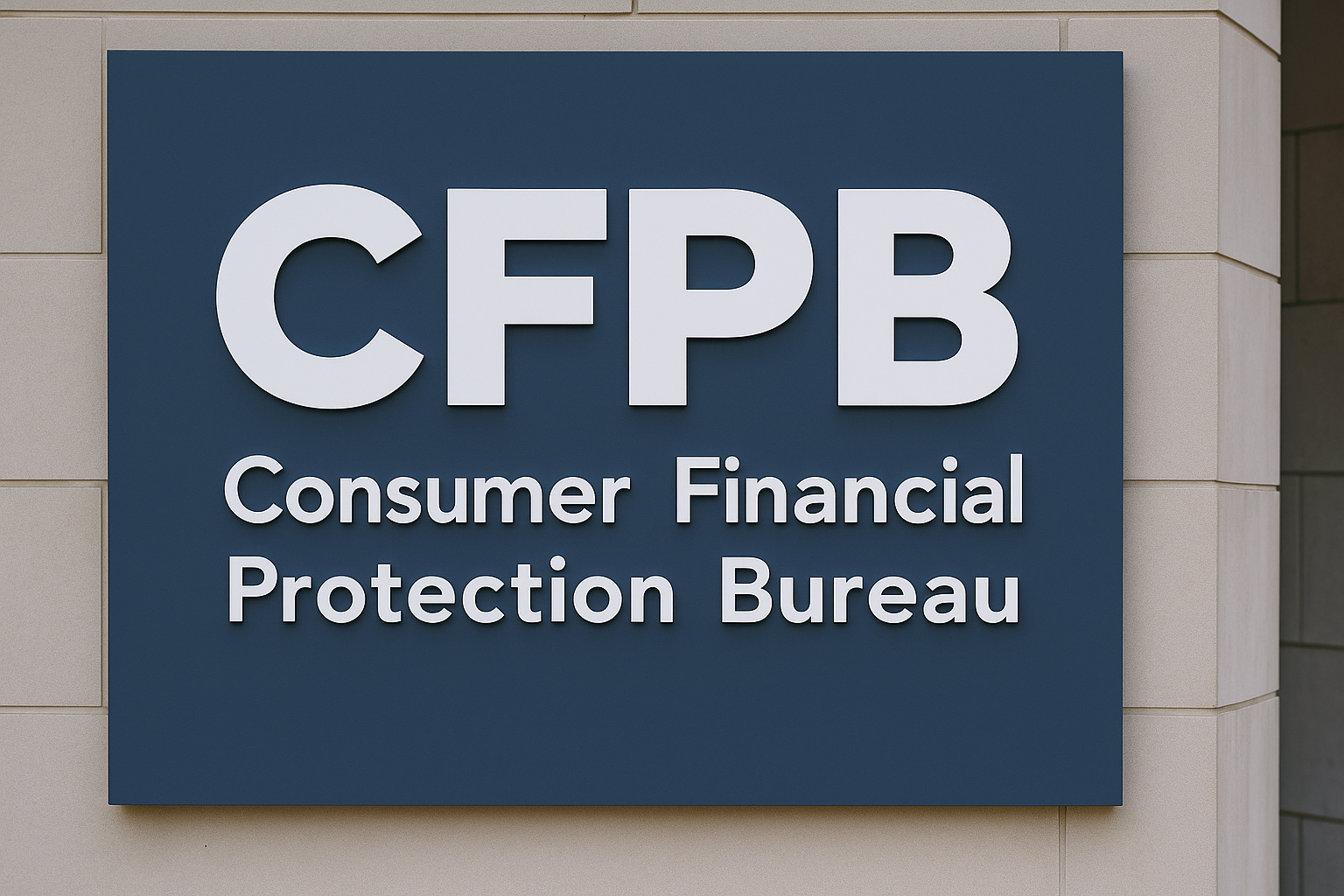CES 2026: How Emerging Technology is Shaping the Year Ahead
An expert breakdown of CES 2026, exploring how robotics, intelligent devices, and next‑gen computing are shaping technology and professional workflows in 2026.

Table of contents [Show]
An expert breakdown of CES 2026, exploring how robotics, intelligent devices, and next‑gen computing are shaping technology and professional workflows in 2026.
Comprehensive guide to using AI tools for content creation, marketing automation, and audience engagement. Discover practical strategies for SEO optimization, social media management, and maintaining brand authenticity while scaling content production.
TIME Magazine has honored the AI Architects as its 2025 Person of the Year, acknowledging their groundbreaking work that pushed artificial intelligence to the center of global innovation.
